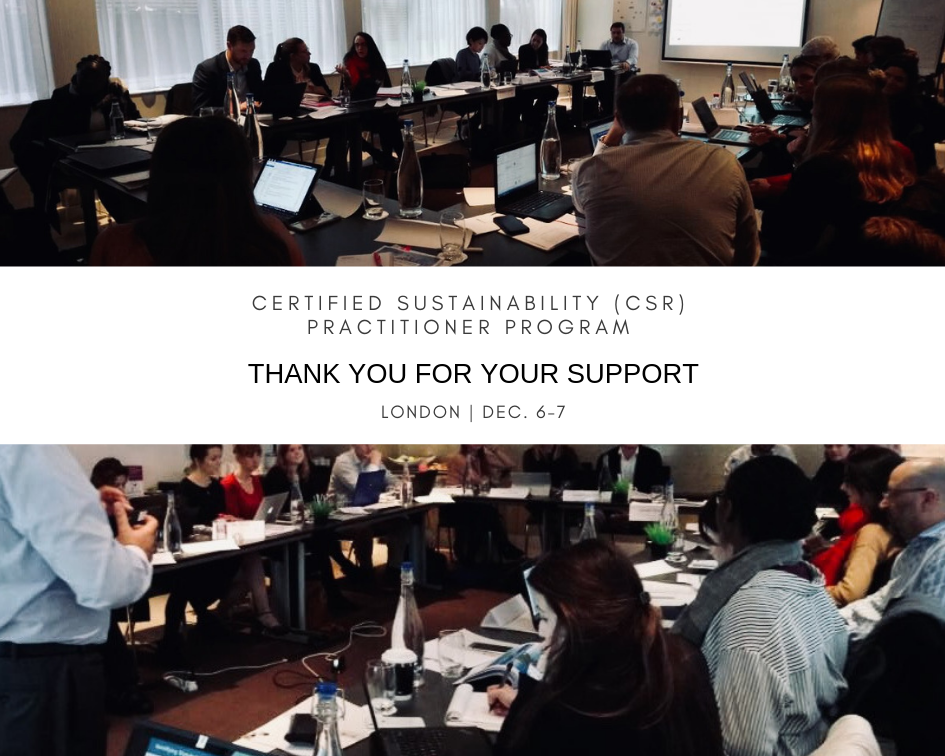Johnson & Johnson reportedly knew about the asbestos in its baby powder for decades. We have known for even more years that asbestos is a carcinogen. We also know that children’s development is sensitive to environmental factors, often manifesting well into adulthood. How hard is it to make these links?
For a sustainability professional, trained in systems thinking, the connections are obvious. We can even take the connections much farther. The dramatic drop in stock value comes as no surprise to sustainability professionals. Aside from the lawsuits, aside from the branding black eye, there will be deep and long repercussions.
Does this mean a long-term decline for Johnson & Johnson or any pharmaceutical caught in the crossfire? Not necessarily. Merck faced reputation challenges in the 1980s but turned much of that around in the 1990s when the company made a concerted effort to protect rainforests as an invaluable medicinal resource. In the early 2000s when the cannabis debate raged, savvy pharmaceuticals, now trading at a thousand times their opening shares checked into the chemistry to create important medications globally.
Research shows that pharmaceutical companies face a greater burden to behave ethically than most other industries. CSE’s own research shows that a culture of transparency within a company is linked to increased revenue.
Sustainability practitioners, trained in program management, Assessments, metrics and sustainability reporting must be aware of Customer Health and Safety, the ethical and financial considerations inherent to the pharmaceutical industry. According to the GRI (Global Reporting Initiative), they must also be alert to issues with Products and Services, Water, Indirect Economic Impacts, Remediation, Transport, Marketing Communications, Emissions, Effluents and Waste, Investment and Procurement Practices.
Atlanta is peppered with over 30 pharmaceutical companies and major distributors. CSE will hold its Certified Sustainability (CSR) Practitioner Program(Advanced Edition 2019) in Atlanta in February 21-22, 2019, one of the several trainings held in North America each year. Meeting the needs of the community and providing training for a growing employment need is part of CSE’s mission. We will also hold trainings this year in Toronto, New York, Houston and Seattle.
After a car accident I have gained a terrible disorder which is called anxiety disorder. Panic and negative thoughts made me feel awful, I felt that bad things are going to happen to me all the time, so the doctor prescribed Xanax and I`m very grateful him. I enjoy my life with my family and surrounding people.
CSE is a leading training organization specializing in maximizing social, economic and environmental impact. We help professionals advance their careers through our certified on-site, online and group training services globally. Fortune 500 companies and other organizations grow and excel using our specialized consulting services.
The Centre for Sustainability and Excellence celebrates 10 years of trust from global FT 500 corporations and executives to provide Sustainability Education in Europe, the US and Canada..








